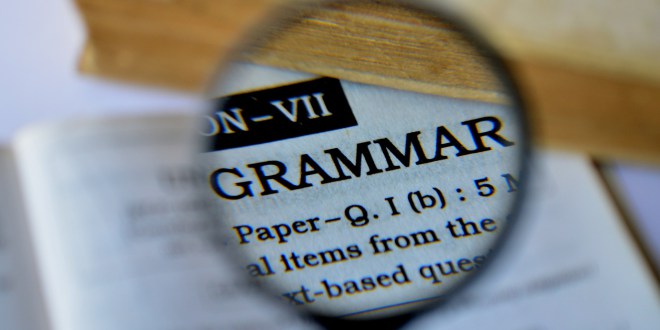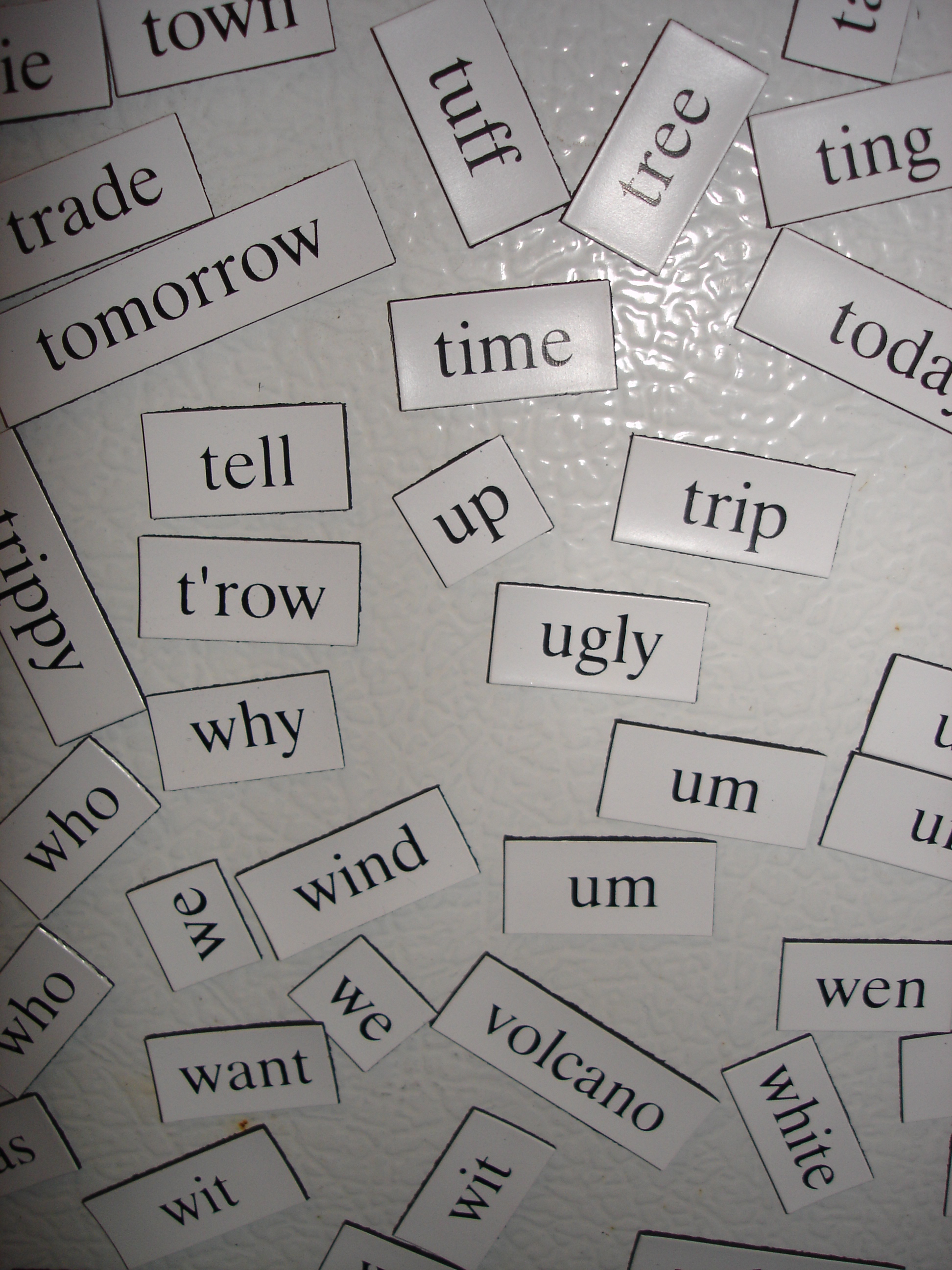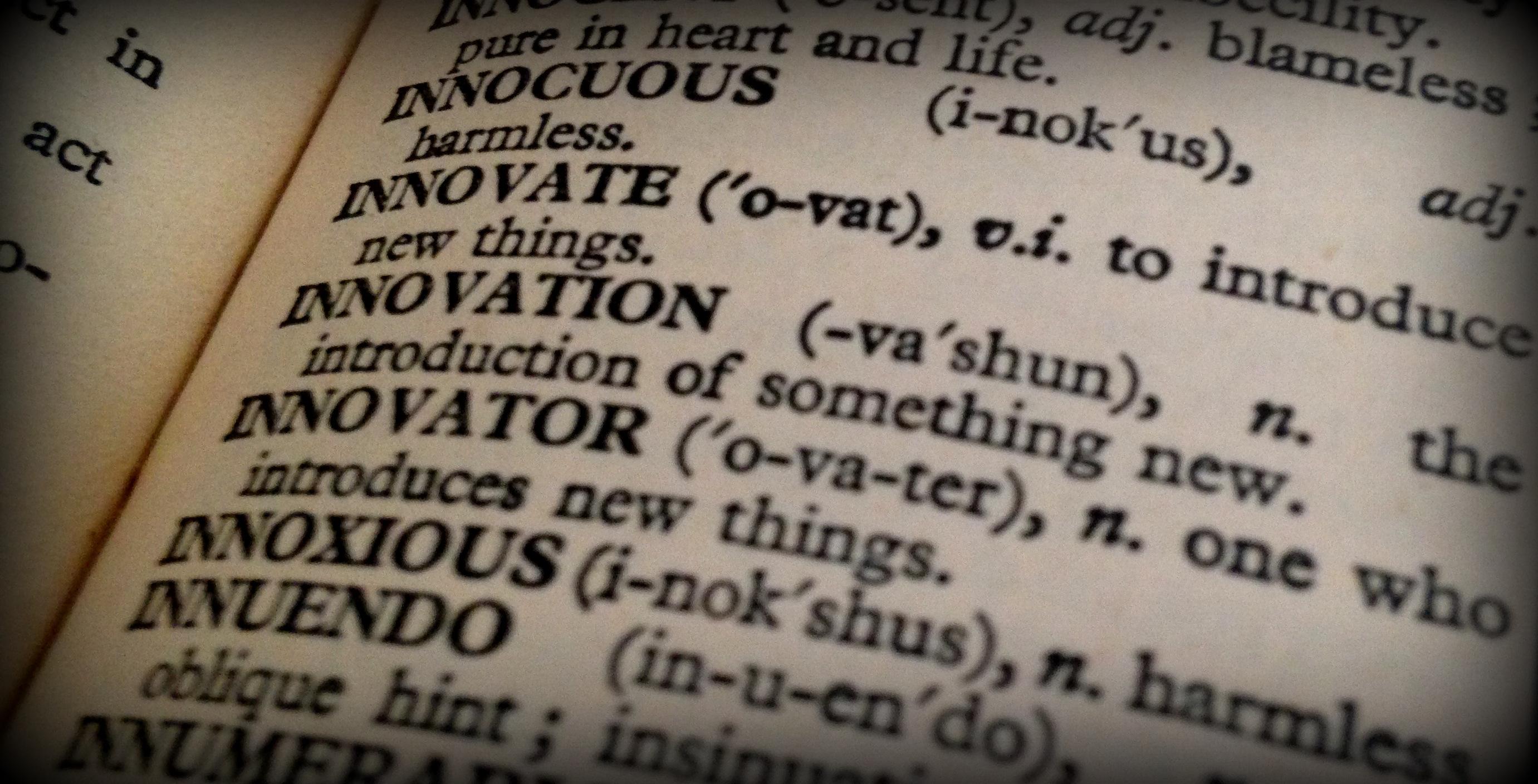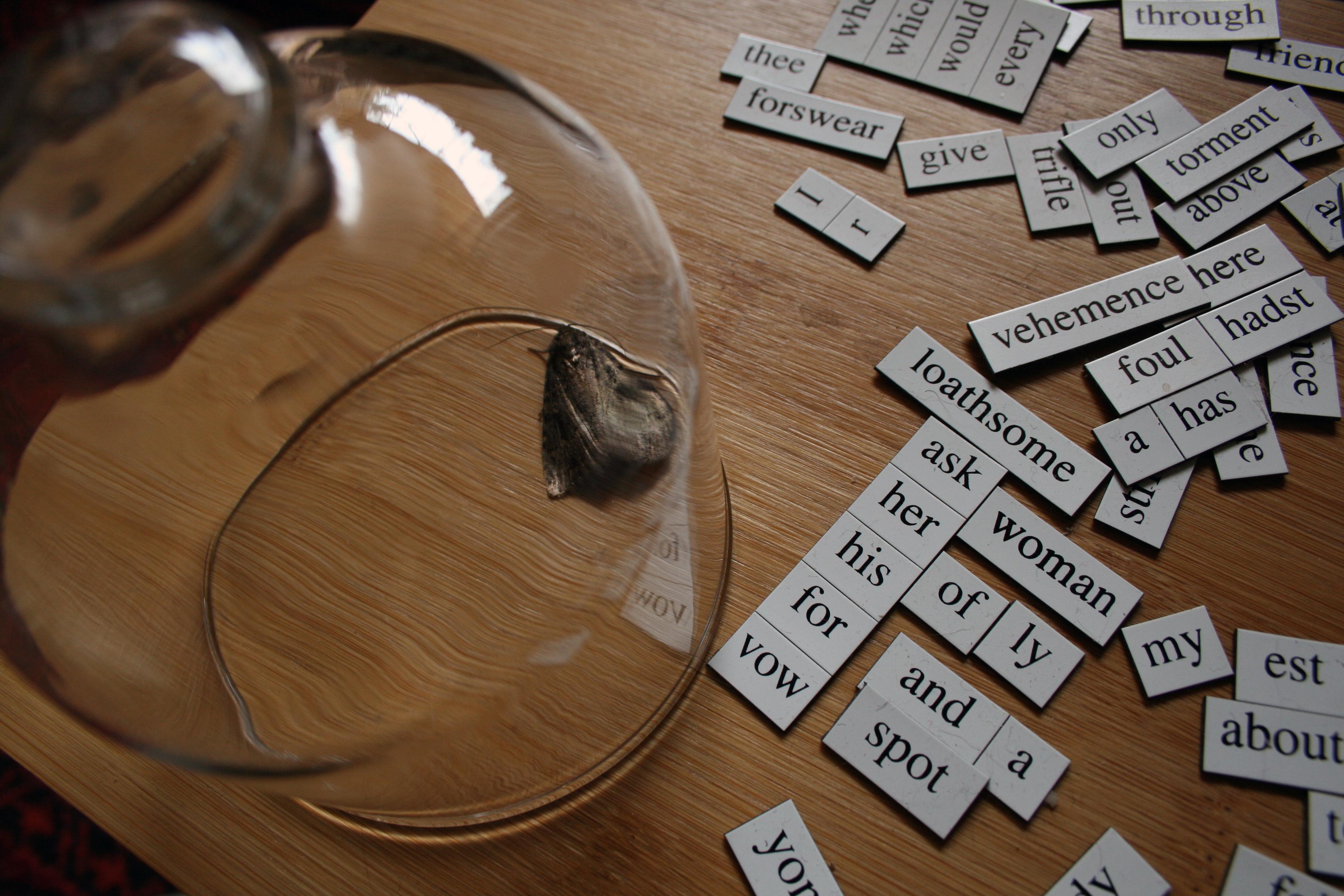Yes, we’re continuing to visit confusing words because the English language abounds with them. Here are a few more examples to look for when you’re proofing your writing. Some are homophones while others are confusing because of their close spellings.
1. Sensuous/Sensual
Sensuous means relating to the five senses, strong sensory appeal. If used correctly, the word does not have a sexual connotation.
The chocolate and hint of chili pepper combined to make a sensuous experience.
Sensual means relating to gratification of senses or the indulgence of the appetite, physically pleasing, and it comes with a hint of sex.
Many advertisements today rely on sensual images instead of clever copy.
2. Pallet/Palate/Palette
A pallet is a temporary bed or a portable platform.
My grandmother used to make a pallet of quilts for me on her floor.
A palate is the roof of the mouth.
The hot soup scorched my palate.
A palette is an artist’s board of paint.
All the colors mingled on the artist’s palette.
3. Carat/Karat
A carat is the unit of measure for precious stones.
Her engagement ring is a 2-carat diamond.
A karat is used to measure gold.
Her wedding band is comprised of 24 karat gold.
4. Homey/Homely
Homey relates to the home.
The abundance of candid photos and plump throw pillows added to the room’s homey ambiance.
Homely is used to describe things that are thought to be unattractive or simple.
The homely hound licked his spotted paw.
Take time to check on suspect words—the spelling as well as the definition.
Happy writing!













